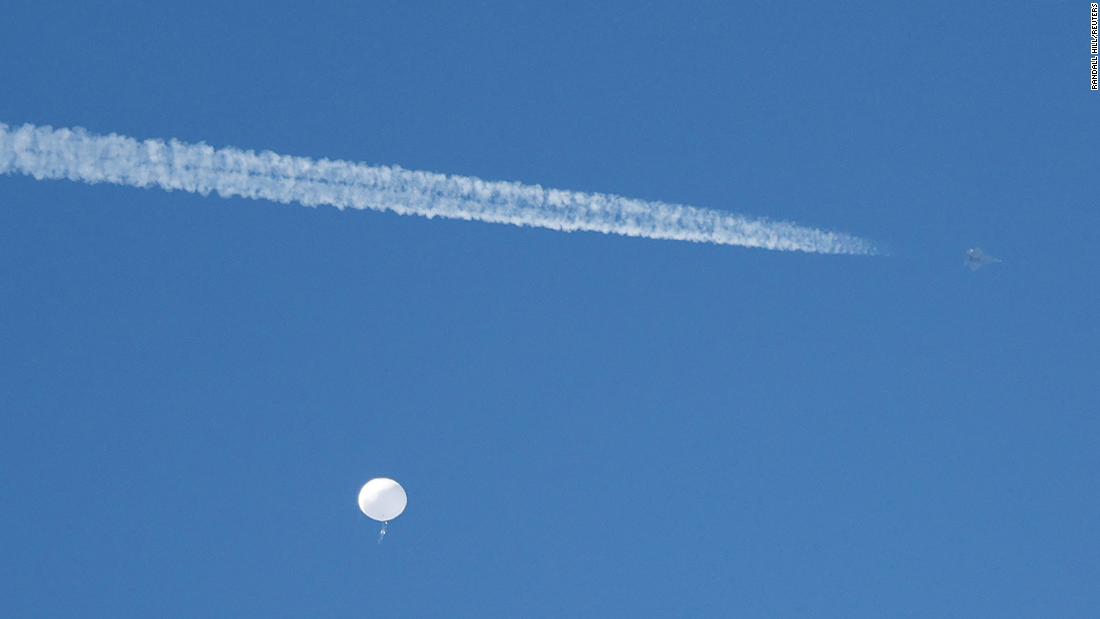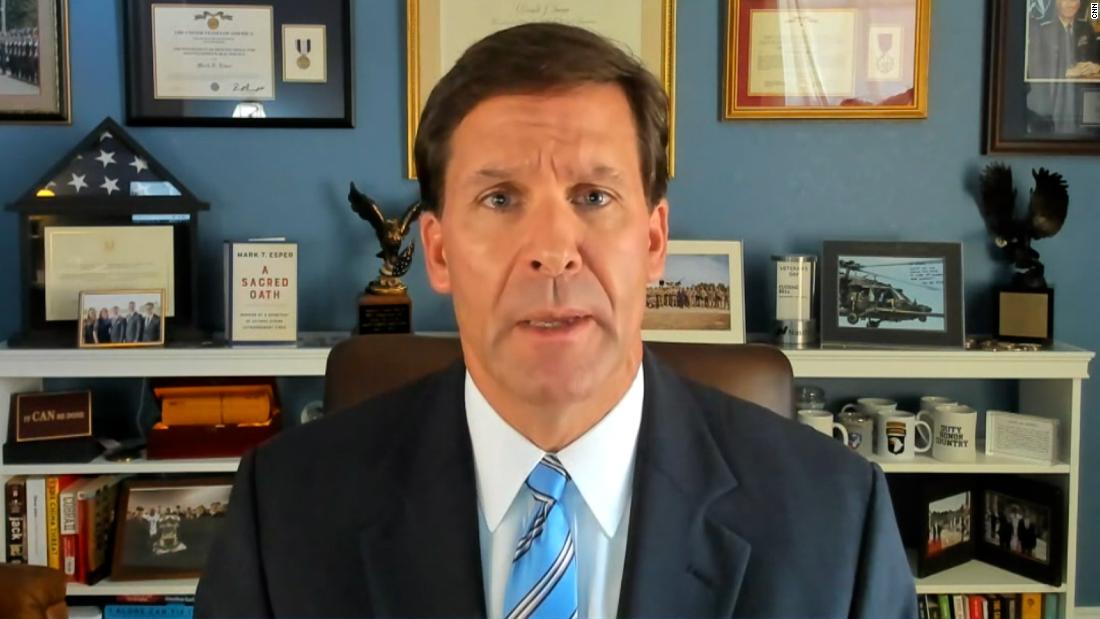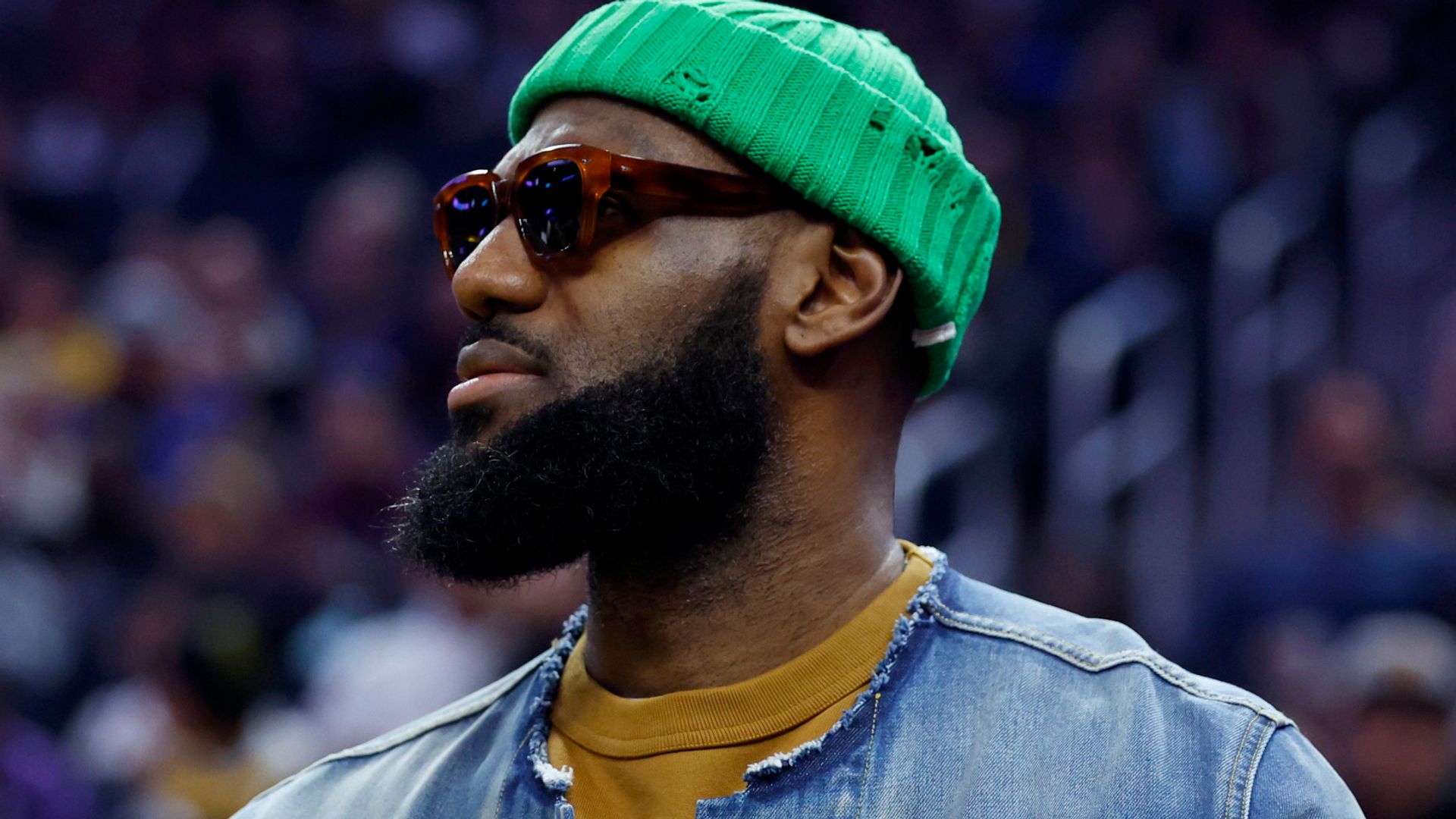Is Trump Guilty of Criminal Obstruction of Congress?
To convict someone of that crime, a jury must determine that a defendant took an obstructive action, affected an “official proceeding” and acted with “corrupt” intentions. Several members of the House committee investigating the Capitol riot are already looking closely at its possible application to the former president.

Several members of the House committee investigating the Capitol riot are weighing whether former President Donald Trump is liable for criminal obstruction of Congress in connection to the Jan. 6 attack, reports Politico. To convict someone of that crime, a jury must determine that a defendant took an obstructive action, affected an “official proceeding” and acted with “corrupt” intentions. There are several obstruction statutes in the criminal code, but the one deployed by prosecutors in Jan. 6 cases is among the most severe, carrying a 20-year maximum sentence.
Committee Vice Chair Rep. Liz Cheney’s suggestion that “inaction” could lead to a violation of the obstruction statute is among the broadest interpretations of that law. Among the variables that judges in obstruction cases must consider is whether the law in question could apply to someone like Trump, whose specific actions on Jan. 6 may have technically been “lawful” even if they were done with the “corrupt” intent of interfering with Congress. Courts have long held that Congress is not permitted to investigate for the sake of law enforcement. But lawmakers are permitted to share the results of its probes with the Justice Department if they believe they have uncovered evidence of a crime.

 Landwebs
Landwebs 





















